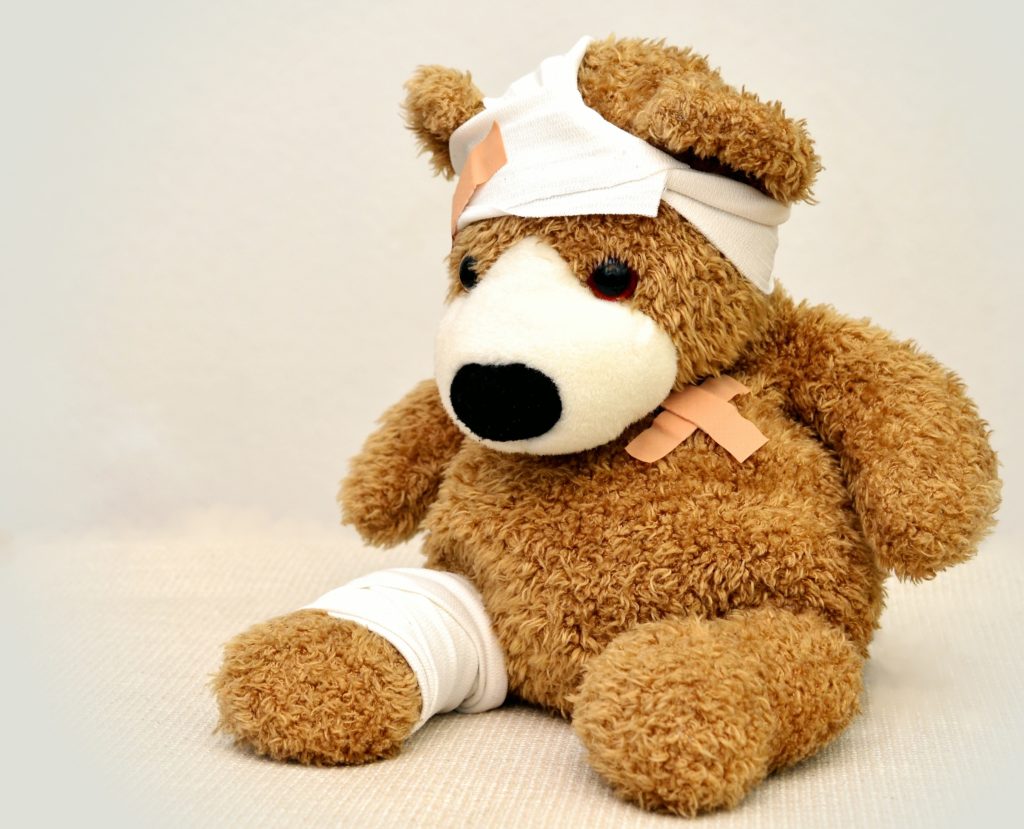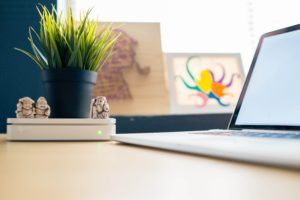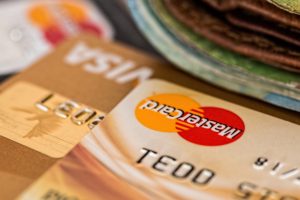An emergency fund is one of those things that is crucial to good financial health, but most people don’t have. It’s estimated that 39% of Americans don’t have enough savings to cover a $1,000 unexpected expense.
I know for myself, at times, this has been true. It’s hard to admit, but I have not been the greatest saver. While I don’t spend frivolous money, I just didn’t have a higher earning salary while working as a freelancer. That was all fun and games when I was in my twenties, and I thought nothing could happen to me. But the truth is, it was stupid and reckless. Emergencies can strike anyone, at any time, and it’s financially irresponsible for us not to have some sort of fund.
Now I realize that for low-income families this can be quite a struggle. But the truth is, we need to do whatever we have to, to have some money in the bank.
Not having an emergency fund, is like jumping out of a plane without a parachute. At some point, you’re gonna hit the ground. And the truth is it’s gonna hurt!
So what is an emergency fund you ask?
Well, it’s 3-6 months worth of expenses set aside for just that, emergencies.
How can we start putting together a savings plan? First things first..

- Add Up All Monthly Expenses– Start by adding up all your monthly expenses. And don’t forget anything! Things like:
- Rent/Mortgage
- Food Expenses
- Car/Travel Expenses
- Insurance Expenses (car/human, etc)
- Utility Expenses (gas, electricity, water, garbage)
- Phone/Cable/Internet
- Monthly Debt- Credit cards/Loans (not mortgage)
- Groceries
- Other(child care, etc)
Add up all those expenses, and then x it by 3 or 6 months. This will give you an idea of what your end goal is. Don’t be alarmed, it will be a large number. They key is to start somewhere, even if it means, starting with $500 in savings.
- 2. Do Budget, Cut Expenses, Put Extra in Savings- Now that you’ve accumulated all your monthly expenses, it’s time to do a budget. That’s the nasty part where you pick thru your finances, see where all the money is going, and start trimming the fat. Canceling subscriptions like magazine, food, make-up, dog toys. Even try downsizing your cable, or eliminating altogether. Once you trimmed the fat, put all that money that you were spending into the emergency fund. You’d be surprised how fast it will add up!
- 3. Put Tax Return Into Savings– This is an obvious one I think. When you get that check back, which sometimes can be in the thousands, put it away. Instead of using it for a fancy vacation or cruise, choose a staycation at home, and put it away. If your average tax return is $3000, think how fast that will add up over a few years.
- 4. Find a Side Hustle– Side hustling is an awesome way to add extra cash into your life. Whether it’s becoming an Uber driver, a Virtual Assistant, babysitting, or mowing the neighbor’s grass, it all adds up. And besides, once you’ve got your emergency fund up and running, you can use that extra cash, to pay off debt. It’s a win-win!
- 5. Make it Hard to Access– This is probably a key to making this whole thing work. I don’t mean freezing cash in your freezer, I mean it needs to be a little tougher to access. Not in a regular account that you have daily access too. I set up a completely separate account for my emergency fund. It’s set up at an online bank only accessible by debit card and app. It’s not with my regular accounts, so I never see it. This way I don’t have to worry about getting tempted by those fancy shoes, Amazon purchases, or negligent spending. It’s actually the smartest thing I’ve done because it’s not on my radar on a daily basis. The money is there, but I don’t think of it as part of my total money. It’s separate, and that’s the way it needs to stay!
Starting an emergency fund, is honestly, critical to your well being. Whether your single or have a family, planning ahead for emergencies is so important. I’ve made a concerted effort to start with putting away a $1000 for now, while I attempt to work on eliminating my debt. I’ve been adding a small amount here and there, but I know it’s more important to pay down and off my debt before I tackle saving 3-6 months savings. This really is a personal choice. I don’t have kids, don’t own my home, and live a pretty simple life. $1000 will probably cover a lot of emergencies that I might have. I would be lying if I said that it didn’t make me nervous, but my plan for paying down my debt it working, so it’s more important to focus on it right now.
Whatever plan of action you decide on, just take some action. Even starting small with $250 or $500 is something. Don’t get stuck when a true emergency arises, be prepared, and ready for action!




